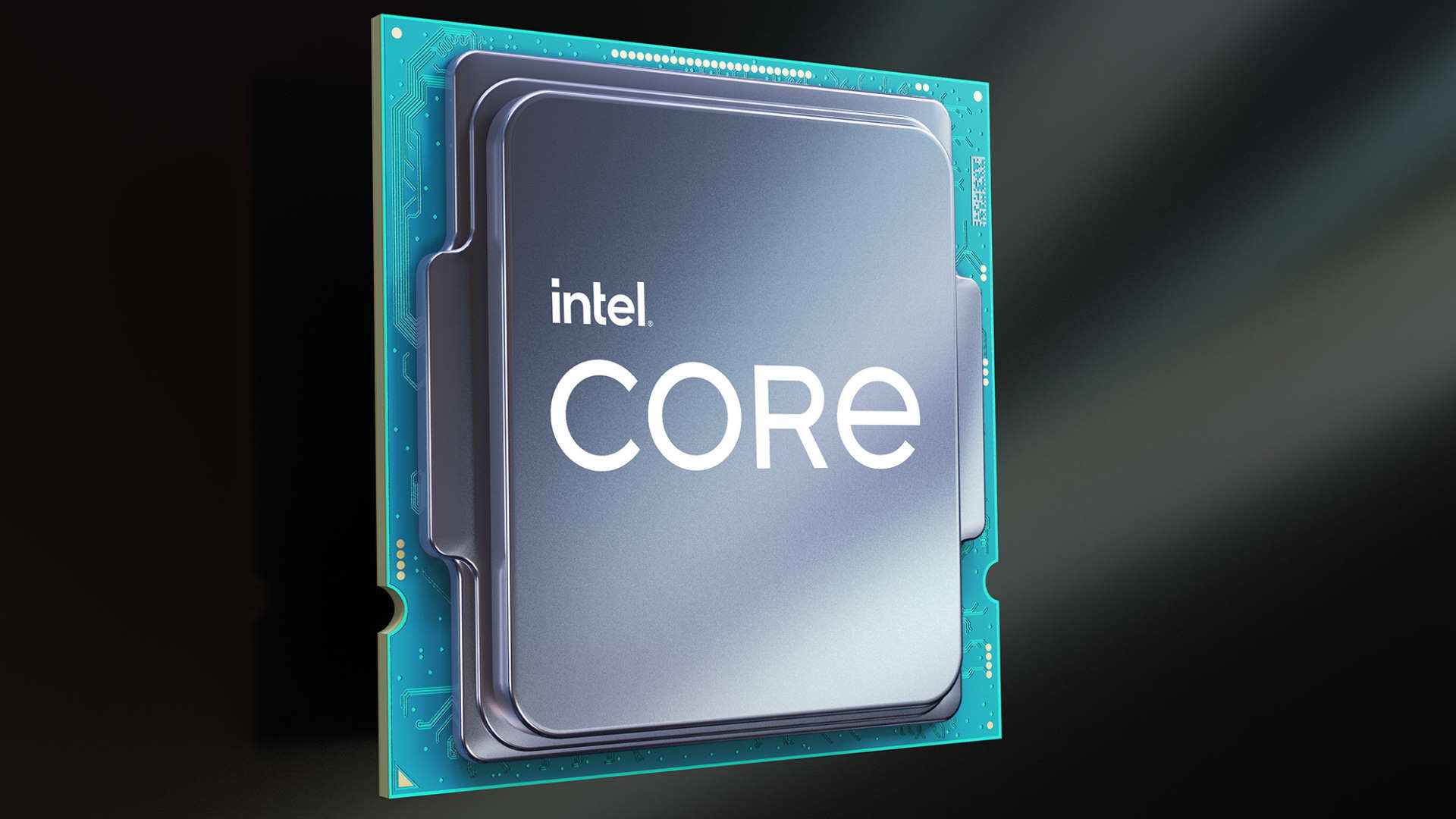Intel's Rocket Lake is looking red hot... for all the wrong reasons
Intel’s 14nm swansong runs hot and hungry.

The top Intel Rocket Lake CPU runs at a red hot 98 degrees C and guzzles 250 watts. So says a post on Chiphell, which details the top Core i9 11900K model running a full stress test.
The chip was reported running at 4.8GHz all-core, which aligns with the best currently available information on what remains an unannounced, if imminent, new processor. The last of the 14nm line before Intel finally switches its desktop CPUs to 10nm.
The latest leak from motherboard maker MSI indicates the Core i9-11900K will run at 3.5GHz base clock, 5.1GHz Turbo, 5.2GHz Boost Max 3.0, and 5.3GHz Thermal Velocity Boost. That’s modern CPUs for you. There’s no such thing as a simple answer to the question of how fast they run.

Best CPU for gaming: the top chips from Intel and AMD
Best graphics card: your perfect pixel-pusher awaits
Best SSD for gaming: get into the game ahead of the rest
Anyway, if 98 degrees and 250W sounds bad, the chip was reportedly running a full stress test rather than real-world apps. Intel’s existing Comet Lake equivalent, the Core i9 10900K, has been recorded at 93 degrees and 235W running a stress test. Thus, Rocket Lake flirting with the 100 degree barrier wouldn’t be entirely unprecedented.
That said, the Core i7-10900K is a 10-core chip, where the upcoming 11900K will pack just eight processor cores. If it does turn out Rocket Lake runs hot and hungry fingers will be pointed at its origins as a 10nm architecture that has since been backported to 14nm silicon on account of Intel’s failure to get the 10nm up and running reliably.
With Intel publicly stating that it still plans to ramp production of its 10nm Alder Lake CPUs in the second half of this year, it may end up not mattering much whether Rocket Lake runs at all, let alone hot. But at best the backported Rocket Lake feels like a stopgap CPU rather than the chip to turn Intel’s fortunes around.
The biggest gaming news, reviews and hardware deals
Keep up to date with the most important stories and the best deals, as picked by the PC Gamer team.

Jeremy has been writing about technology and PCs since the 90nm Netburst era (Google it!) and enjoys nothing more than a serious dissertation on the finer points of monitor input lag and overshoot followed by a forensic examination of advanced lithography. Or maybe he just likes machines that go “ping!” He also has a thing for tennis and cars.

